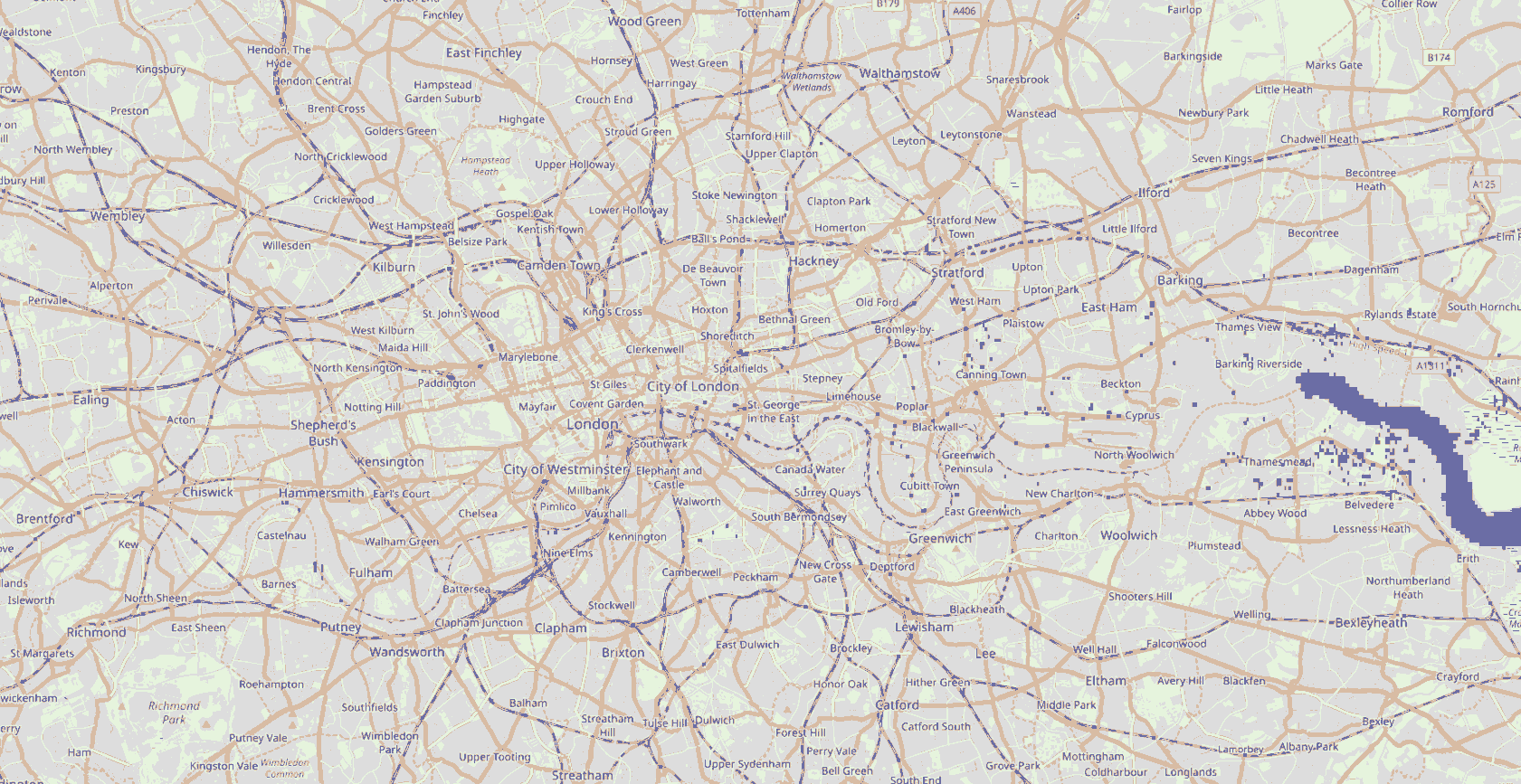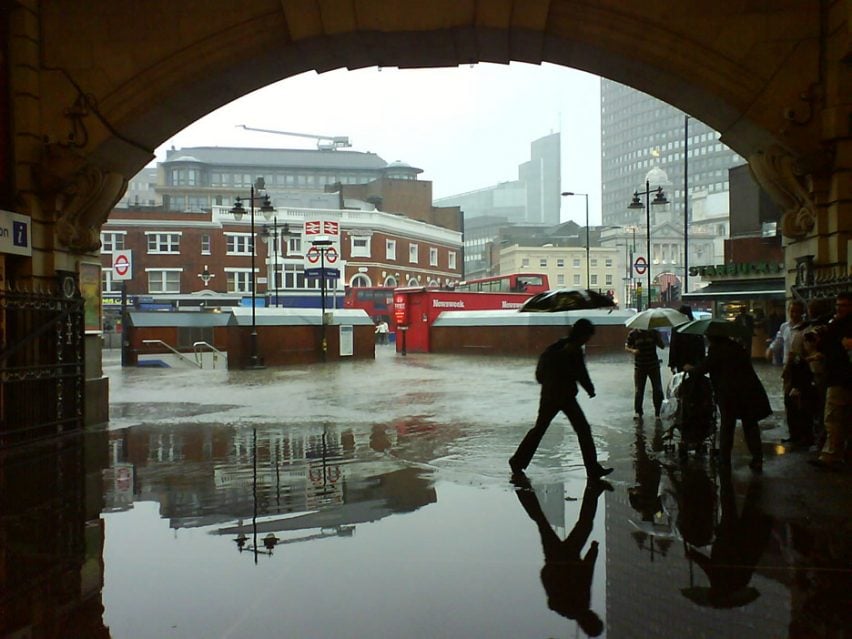
Architecture of Emergency summit to address industry's "failure" to tackle climate crisis
Architects will join leading academics and campaigners to consider how the architecture industry should respond to a climate emergency at Architecture Foundation and Barbican's upcoming summit.
Curated by the Architecture Foundation's deputy director and Dezeen columnist Phineas Harper, The Architecture of Emergency summit will take place in the main theatre of the Barbican on 19 September 2019.
"Architecture and the materials it is made from accounts for an extraordinary proportion of global greenhouse gases," Harper told Dezeen.
"Yet as an industry, our potential to lead the fight against global heating is matched only by our failure to do so."

Dezeen is media partner for the event, which will examine the industry's emissions and reliance on extracted natural materials as well its failure to address how it will reverse these effects.
Issues on the table include what we build from when it is no longer possible to justify the embodied carbon of a building's construction by offsetting its impact over decades of use, and how infrastructure and planning strategies can drive the transition to a circular economy.
The event is a timely response to what Harper describes as "an explosion of climate awareness".
It will bring together a diverse range of contributors from across and beyond the built environment professions, including Steve Tompkins, founding director of London-based architecture practice Haworth Tompkins, and Extinction Rebellion.
Earlier this year, Stirling Prize-winning architecture firms Zaha Hadid Architects, David Chipperfield Architects and Foster + Partners joined a campaign declaring a climate change and biodiversity emergency.
Called Architects Declare, the campaign's 500-strong signatories range from fledgling architecture studios to emerging practices, who are calling for collective action to mitigate further irreparable damage to the planet. Tompkins was instrumental in launching the campaign.
The UK's professional body for architecture, the Royal Institute of British Architects, has followed suit along with a network of architecture students.
"We're seeing a dramatic mobilisation of architects in the fight against climate change," said Harper. "But an architectural paradigm shift will only be possible by a deep and urgent interrogation of contemporary urban practice."

The evening will comprise a series of presentations, proposals and calls-to-action from the numerous speakers across a range of professions.
"Climate change is not an issue which can be addressed by one profession alone," said Harper. "This is a conversation which needs to zoom between rawlplugs and weep holes to landscape and infrastructure."
In addition to representing the interdisciplinary nature of the fight, the speakers have been chosen for their contribution to climate change action.
For example, non-violent climate action group Extinction Rebellion organised unprecedented mass protest on Waterloo Bridge in London earlier this year, leading Dezeen columnist Christine Murray to suggest that the bridge be turned into a car-free public space.

Architect and engineer Maria Smith is the founder of trans-disciplinary practice Interrobang and will join the panel.
Together with Harper, she is also the chief curator of the 2019 Oslo Architecture Triennale. Launching next month, the architecture festival will explore the topic of de-growth in response to runaway climate change.
They will be joined by a selection of activists and educators, including Greenpeace campaigner Danielle Paffard, Belgian design and research co-operative Rotor, academics Adrian Lahoud and Michael Ramage, and Friends of the Earth campaigner Guy Shrubsole.
More speakers will be announced soon. For further information about The Architecture of Emergency visit the Barbican website.